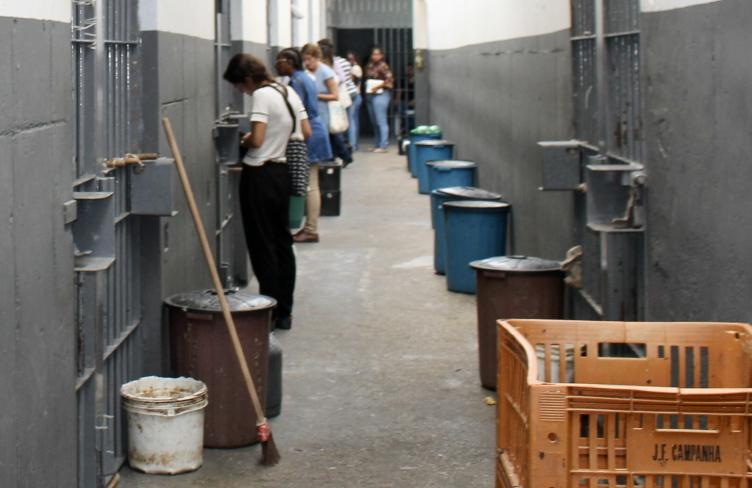
In October, the UN Special Rapporteur on torture, Mr. Juan Mendez, presented his final report to the UN General Assembly. Mr. Mendez ends his six year mandate with a call for a universal protocol to be developed, setting standards and safeguards to protect persons during questioning by investigative authorities from torture and other ill-treatment.
In an age where the sludge pumped out by irresponsible and poorly informed newspapers, TV and film media over the past decade has led even reasonably informed and educated people to believe that torture might work if done with just the right sort of ruthless professionalism, the goal to develop a minimum standard for investigative interviews (commonly known as interrogation) is particularly welcome.
If realised, this ambition would significantly improve the lot of persons held in police custody around the world.
For those of us who have taken an interest in what works in interrogation settings, this UN report is of striking importance. Of course, despite the strong assertions by some, torture has never worked. Not only does it not work, it reduces the chance that a suspect will ever want to cooperate, ever again, drastically reducing the chances of achieving justice for victims of crime and for wider society.
This is a story which has been told by experienced interrogators, but rarely heard above all the Hollywood guff.
Mr. Mendez’ report recognises that though multiple UN standards already exist to limit the role of police and other agencies with powers of arrest, few have sought to set the rules for good investigative interviews. This might be a surprise considering that so many cases of torture and other ill-treatment are perpetrated within the first hours of detention, and often in the context of an aggressive interrogation.
The analysis addresses the routine legal arguments that have been heard before (i.e. torture is absolutely prohibited in international law), but then goes much further and describes the practical arguments against torture too. With an unusual frankness for a UN report, Mendez writes: “History and science offer no body of data on the strategic effectiveness of harsh questioning techniques.” Torture just doesn’t work as investigative tool. The report also goes further to describe a relevant recent study by neuroscientist Shane O’Mara that explains that coercion in interrogation actually hinders effective memory recall, thus explaining why coercive techniques make it far less likely that any information obtained will be reliable. Such results-focussed analysis is excellent if police and other interrogators are ever to accept that torture really doesn’t help.
Okay, so if I can’t beat the suspect, what can I do?
Rather than using coercive techniques (such as “softening up” or a beating) to confirm a presumption of guilt, professional interrogators report that there are models of investigative interviewing which are much more effective at eliciting information from suspects. Such information is also much more likely to be true, thus reducing efforts of investigators in chasing down false leads.
This investigative model is a specialist skill, but it is one which is already used by police in several countries (for example UK, Norway and New Zealand) and can be taught. Mendez promotes the development of training materials, based on scenario-based exercises and interview practices, as practical ways in which these specialist skills can be shared with appropriate investigative actors globally.
Rules to stop coercive interrogations
In many countries, safeguards against abuse in detention exist already. Possible safeguards include access to counsel, judicial oversight, time limits to police detention, and a central register of detainees. These good examples can serve as inspiration to States which have a problem of abuse in detention. Furthermore, recent research commissioned by the APT has shown that when detention safeguards are respected the risk of torture drops most markedly.
Further protections should be considered for particularly vulnerable persons. For instance, juveniles are much more likely to suffer coercion in police custody as a result of their age and associated vulnerability, so a support person can be considered as a complementary safeguard to reassure the person and limit potential traumatisation.
And today, though mobile phone recordings are not routinely accepted in court, the ease with which interrogations can now be recorded means that States should really be taking reasonable efforts to record interviews in their entirety. These, and other safeguards, can work together in combination to effectively reduce the risks of torture in interrogation.
A Universal Protocol for investigative interviewing
Mr. Mendez presents the first UN account which asks States to look to the results of torture, rather than just the black and white of international law, to show that attitudes and practices in coercive interrogation must change. Such an account should be widely welcomed as a call to all of us to focus on reforming police and detention practices whilst condemning the inhumanity of torture in interrogation to the scrapheap of history.
For more information on the proposed universal protocol, see the Anti-Torture Initiative homepage.


